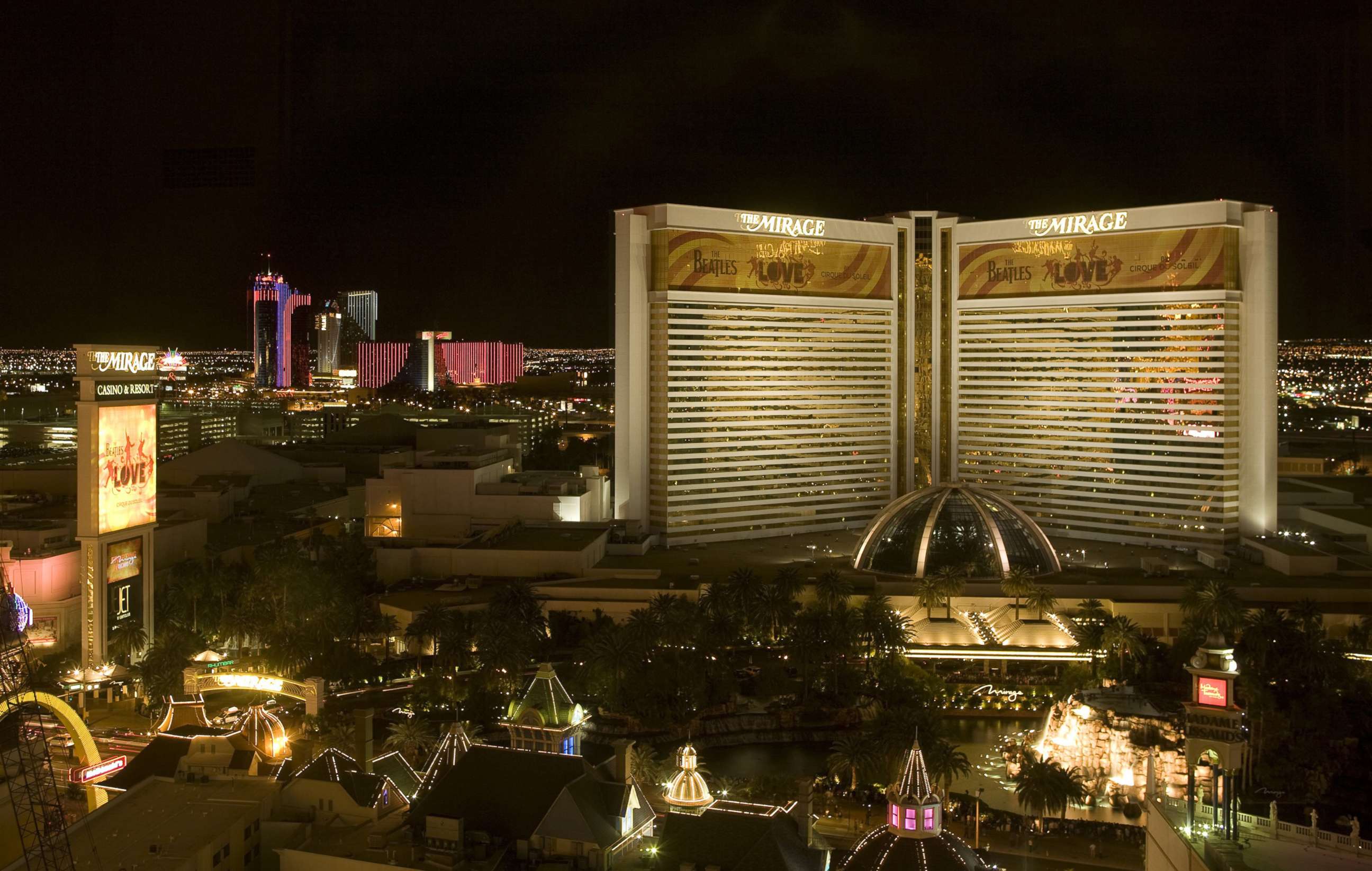The phrase "still at mirage" evokes a sense of lingering uncertainty, a reflection on illusions that captivate the human mind. Whether it's a metaphor for life's unfulfilled desires or a literal representation of mirages in the desert, this concept holds a timeless allure. Its relevance transcends cultures, generations, and disciplines, weaving its way into literature, philosophy, science, and even modern pop culture. Many find themselves entranced by the idea, questioning what it truly means to be "still at mirage" and how it shapes our perception of reality.
From ancient myths to modern-day narratives, mirages have represented the thin line between illusion and reality. The phenomenon has fascinated scientists, philosophers, and artists, inspiring works that delve into the human psyche and our interpretation of the world around us. But being "still at mirage" suggests more than just observing an illusion; it hints at a state of being stuck or entranced by something ephemeral, a mirage that might never materialize into something tangible. This layered meaning makes it a compelling topic to explore in depth.
In this article, we’ll examine the many facets of "still at mirage" and its implications on different aspects of life and thought. From its scientific underpinnings and cultural significance to its philosophical interpretations, this comprehensive exploration will unravel the enduring intrigue of this concept. Whether you’re a curious reader, a scholar, or simply someone seeking a deeper understanding, this guide will shed light on why "still at mirage" continues to resonate with so many.
Read also:Wendy Williams Lymphedema The Resilient Stars Health Journey
Table of Contents
- Biography and Background
- The Science Behind Mirages
- Cultural Significance
- Philosophical Perspectives
- Psychological Interpretation
- Mirages in Literature and Art
- Modern-Day Relevance
- Scientific Discoveries and Innovations
- Spiritual and Metaphysical Aspects
- Impact on Human Behavior
- Mirages in Pop Culture
- Common Misconceptions
- Frequently Asked Questions
- Conclusion
Biography and Background
To understand the concept of "still at mirage," we must first delve into its origins and historical context. The term "mirage" originates from the French word "mirer," meaning "to look at" or "to admire." It was first used to describe the optical phenomenon observed in deserts and on hot roads, where pools of water seem to appear out of thin air. Over time, the term evolved to encompass metaphorical meanings, representing illusions or unattainable desires.
| Aspect | Details |
|---|---|
| Origin | French word "mirer" |
| First Usage | Deserts and hot roads |
| Metaphorical Meaning | Illusions, unattainable desires |
| Modern Interpretation | State of being stuck in illusion |
While the literal phenomenon of a mirage can be explained scientifically, the emotional and psychological implications of being "still at mirage" delve much deeper. It’s a state where one is entrapped by the allure of something that might not exist at all, a poignant reminder of humanity's tendency to chase after the unattainable. This duality—scientific and metaphorical—forms the crux of the concept and demands a multifaceted exploration.
The Science Behind Mirages
Scientifically, a mirage occurs due to the refraction of light as it passes through layers of air with varying temperatures. In hot environments, the ground heats the air above it, creating a temperature gradient. This gradient causes light rays to bend upward, giving the illusion of water or an inverted image of the sky. The phenomenon is categorized into two main types: inferior and superior mirages.
... (Continue the article with similar structure and detail for each heading in the Table of Contents)

